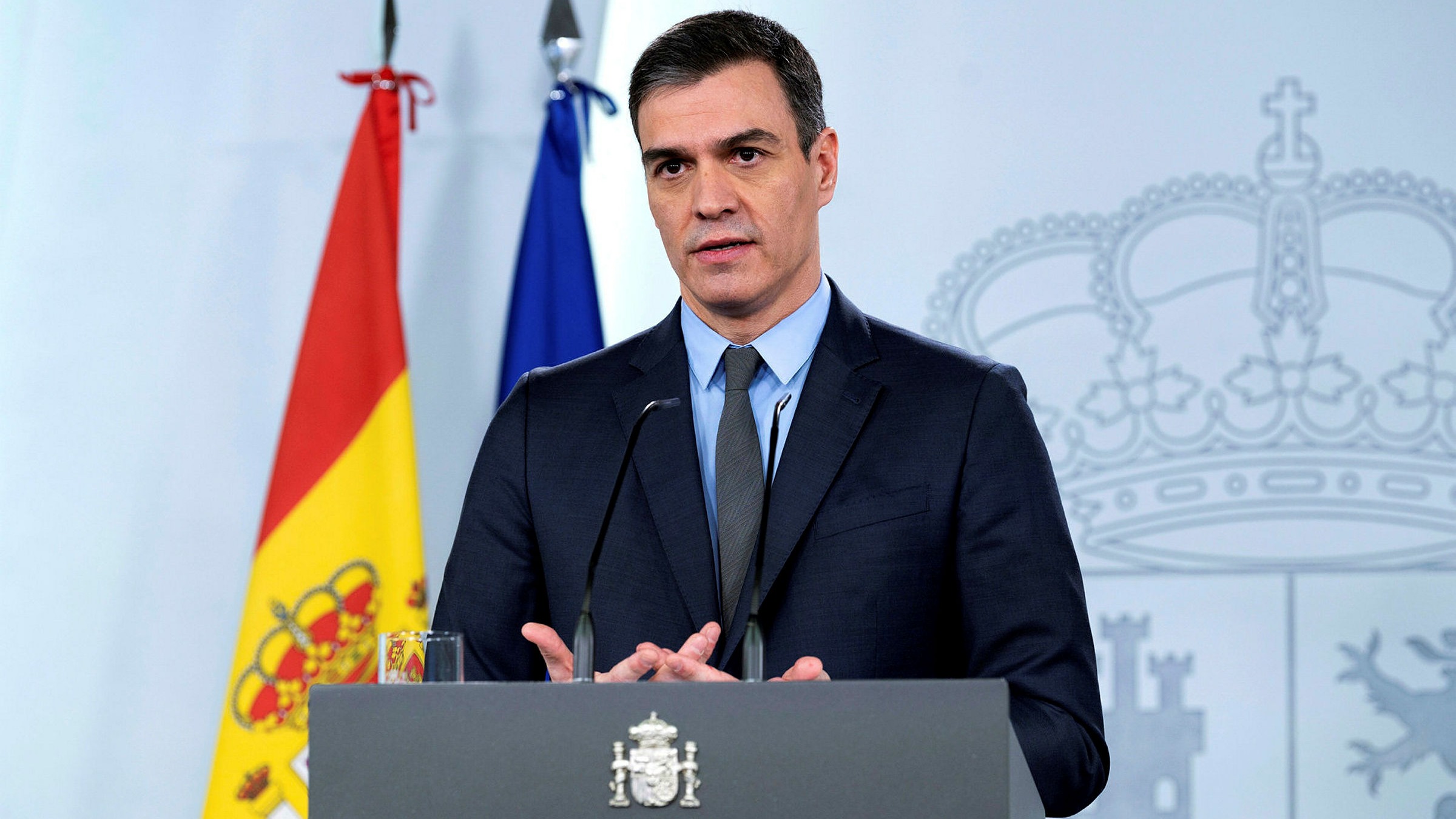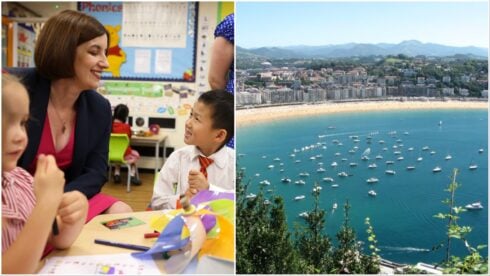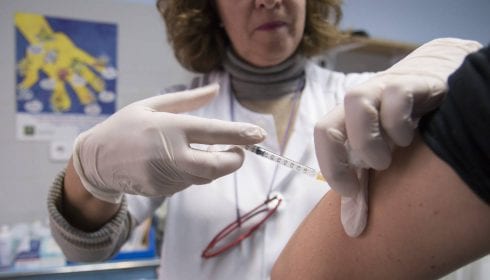SPANISH prime minister Pedro Sanchez has said life will return to a ‘new normal’ in the second half of May.
His comments were made before an almost empty congress chamber today and some two months after the first reported outbreak in Tenerife.
The PSOE leader was officially requesting an extension to the nationwide state of alarm until May 9.

He said that, ‘for the first time’, his request comes with good prospects in the fight against COVID-19.
Before learning of today’s figures, the PM confirmed that Spain has entered its deescalation phase when it comes to the strict restrictions announced on May 14.
However, Sanchez warned that the ‘return to the new normal’ will be ‘slow, gradual and safe’ and without ‘final decisions’ to avoid missteps.
In other words, if there is a second wave caused by relaxation of the norms, the state of alarm and confinement will be brought back immediately.
He confirmed the first decision will be to allow children under 14 to go outside daily from April 27, with the final details to be released on Saturday.
It comes after the government was forced to perform a U-turn yesterday when it was revealed that children would only be allowed to go outside to accompany an adult on essential trips, such as to the supermarket or bank.
By late afternoon, and after much uproar, the Health Ministry said ‘walks’ would be allowed, saying it had ‘listened to the people.’
Sanchez did not offer more information on the issue but said the return to daily life can only happen once the six requirements laid out by the World Health Organisation (WHO) have been met.
These are; controlling transmission, carrying out mass testing, stopping or controlling the spread in hospitals and care homes, effectively controlling the movement of people, adopting security measures in workplaces and schools and people committing to new hygiene and social distancing measures.
COVID-19 will change life as we know it, Sanchez said, adding that it will call for ‘new ways of governing’ and ‘new political models’.
For Spain, he said, that means rebuilding four areas; health, social care, economic revival and its relationship with the EU.
Click here to read more Spain News from The Olive Press.








